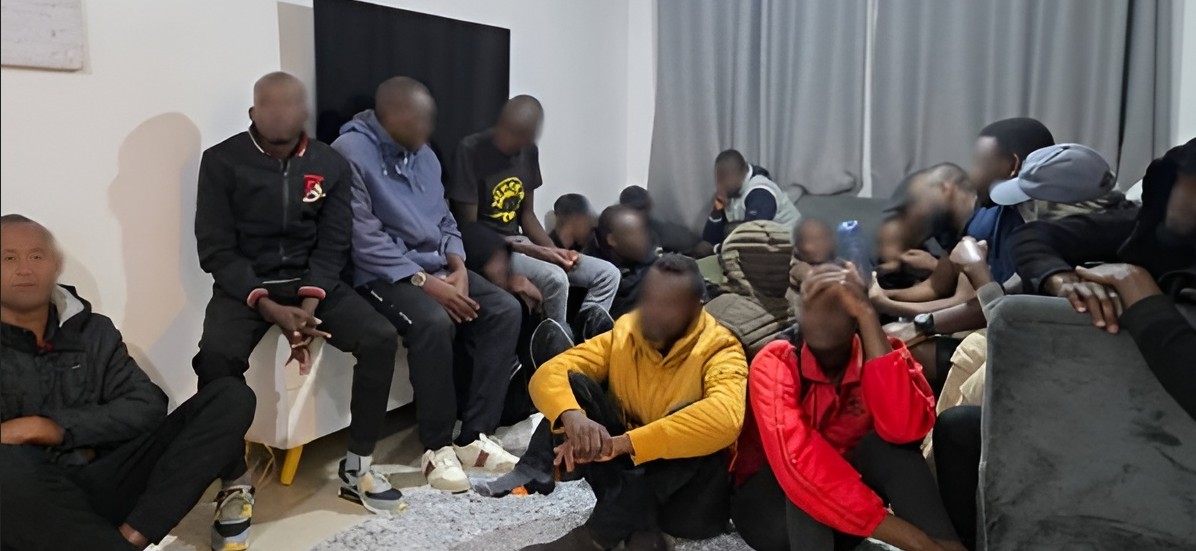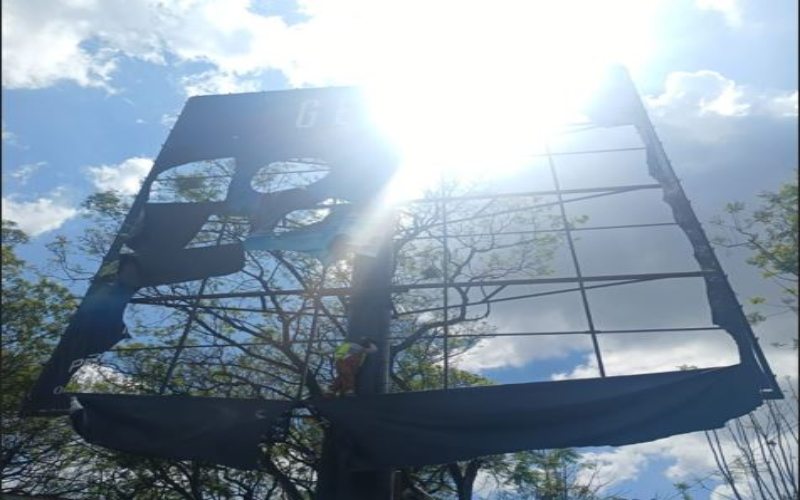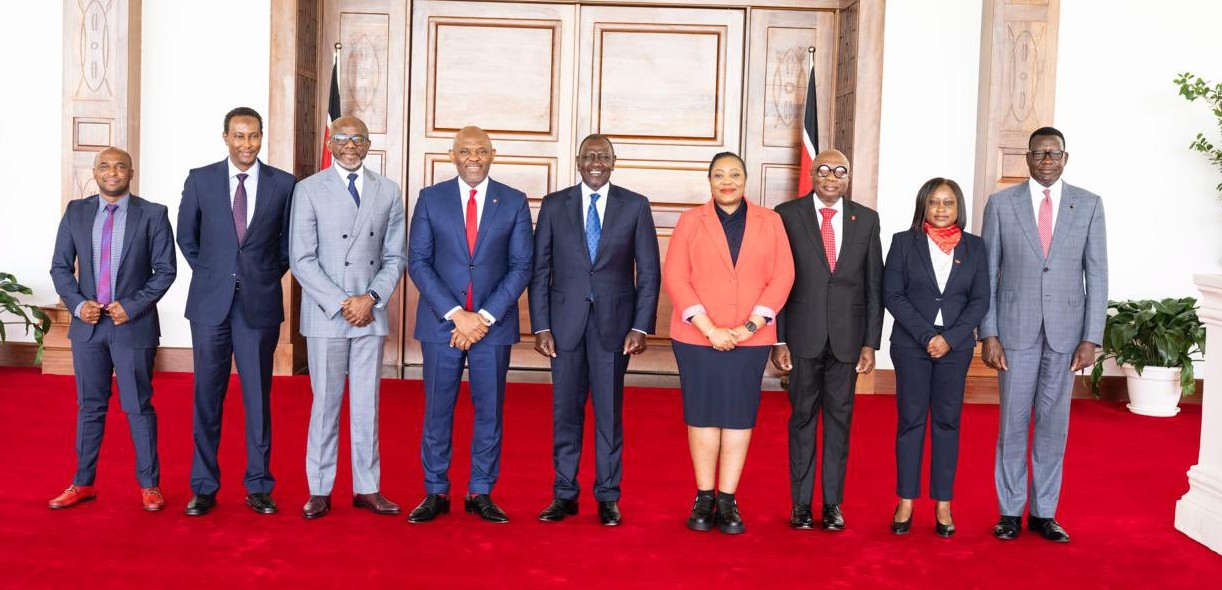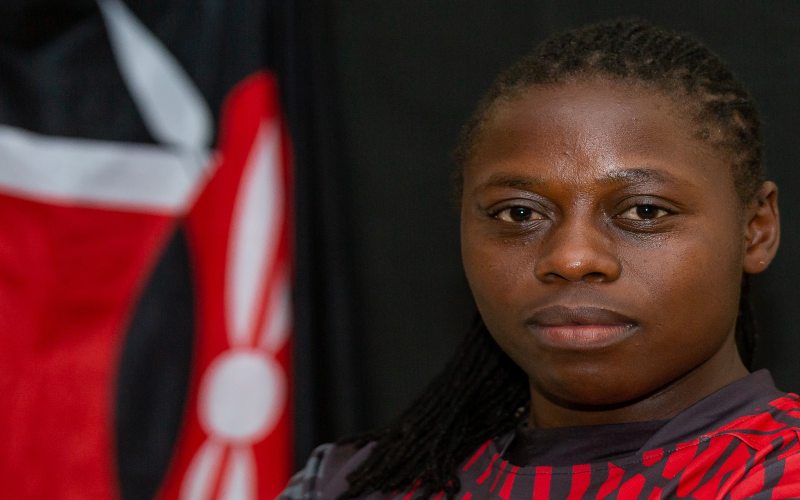SHA technical hitches hindering hospital operations, patient services, says Rupha report
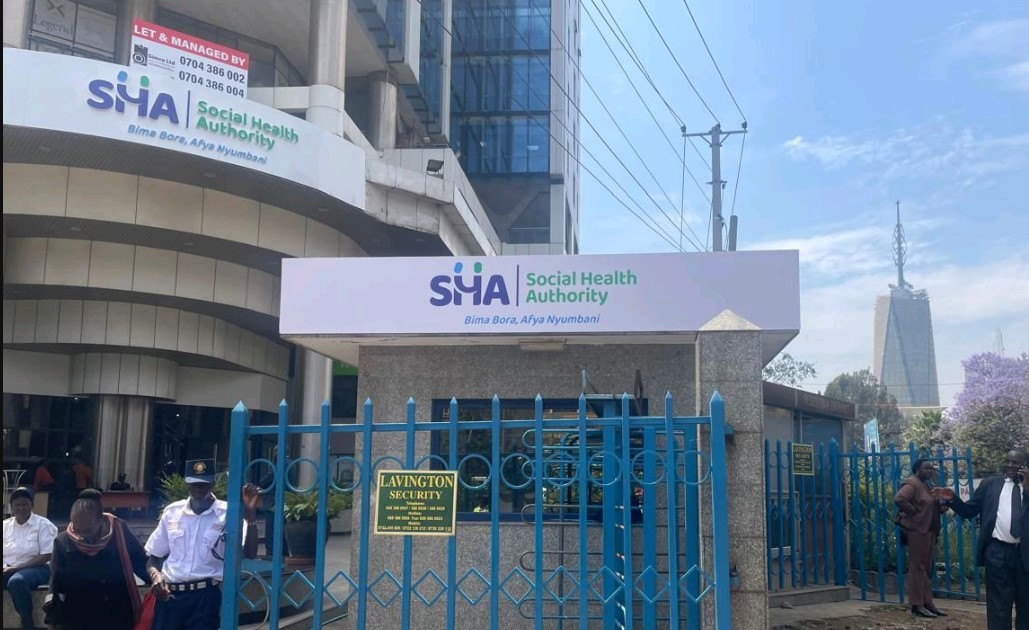
The report notes that 39 per cent of hospitals did not receive payments from SHA in November, while those that did faced an average 23 per cent reduction in capitation amounts.
The number of hospitals experiencing access challenges to the Social Health Authority (SHA) system has risen significantly — from 17 per cent in November to 29.3 per cent this month — according to a new report by the Rural and Urban Private Hospitals Association of Kenya (Rupha).
The December report, which evaluates the transition from the National Hospital Insurance Fund (NHIF) to SHA, reveals that 17 per cent of hospitals reported being locked out of the system, while 12.2 per cent cited issues with non-functional credentials.
More To Read
- Over 29,000 Kenyans die of cancer yearly as high costs force them to abandon treatment
- ‘Terrible state’: Senators outraged by lapses, mismanagement at Kiambu Referral Hospital
- Teachers’ medical benefits expanded as SHA cover replaces Minet from December
- Teachers’ Unions demand clarity as TSC plans to move 400,000 educators to state health scheme
- Ministry of Health announces measures to reduce maternal, newborn deaths
- SHA faces Sh30 billion backlog despite Sh81 billion collected since inception
According to the report, the overall transition score remains stagnant at 46 per cent.
"The findings reveal stagnation in the SHA transition, with persistent technical and financial challenges crippling healthcare facilities' ability to operate effectively," reads the report.
"Challenges such as frequent portal downtimes, delayed payments, and inadequate training on the system hinder providers and patients, calling for urgent interventions."
The report notes that system inefficiencies are a recurring issue, with over 78 per cent of hospitals reporting problems such as downtimes, errors in pre-authorisation processes, and delays in receiving one-time passwords.
Only 22 per cent of respondents rated the portal's functionality as satisfactory, down sharply from 45 per cent in November.
Reduced capitation amounts
Financial strain also continues to affect healthcare providers. The report notes that 39 per cent of hospitals did not receive payments from SHA in November, while those that did faced an average 23 per cent reduction in capitation amounts.
"Providers are grappling with acute financial distress, as delayed and insufficient payments from SHA undermine their ability to maintain operations and pay staff. The lack of transparency in payments is exacerbating the issue," reads the report.
Despite these difficulties, more than 90 per cent of private hospitals report having access to the SHA portal used to onboard patients into the Social Health Insurance Fund (SHIF). However, satisfaction with SHA services remains low, particularly for outpatient care, which was rated at just 1.6 out of five, or 32 per cent positive sentiment.
Patient perception
"Maternity services stand out, with a sentiment score of 2.75 out of 5, or 55 per cent positive. Surgical services are slightly better at 50 per cent. However, outpatient services have been critically affected," said Rupha Chairperson Brian Lishenga.
"Overall, patient perception of SHA services is 67 per cent negative."
The report surveyed 219 hospitals across Kenya, including private and public facilities from Level Two to Level Five, using phone interviews and online questionnaires.
It calls for urgent action to address technical and financial barriers in the SHA system.
Top Stories Today








